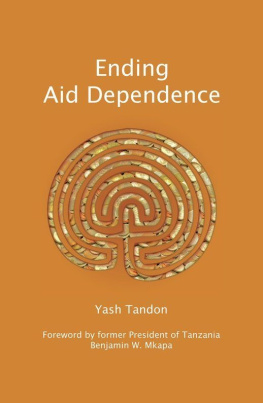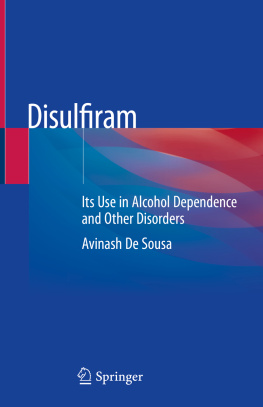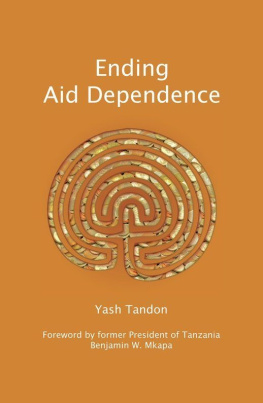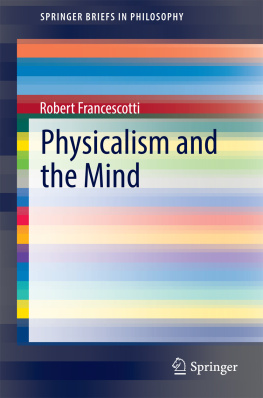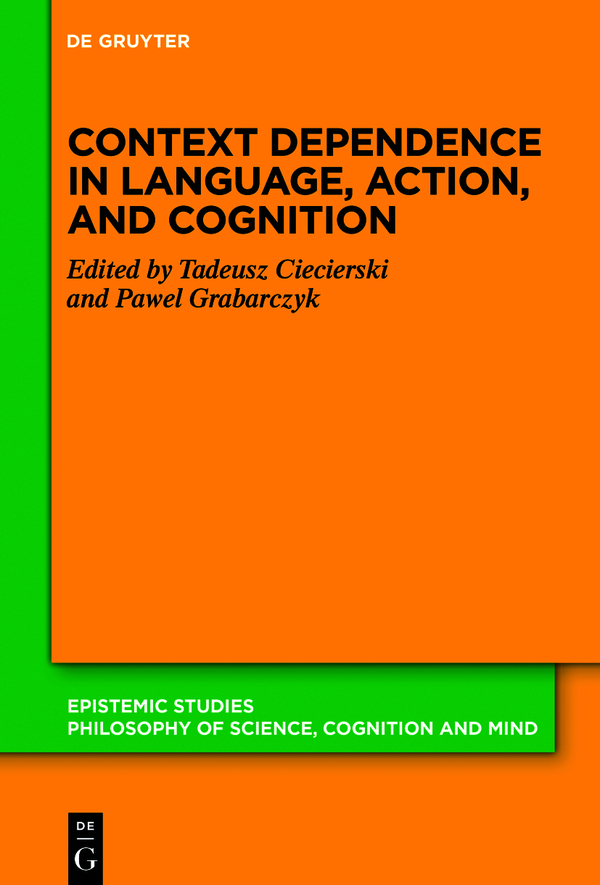The Deutsche Nationalbibliothek lists this publication in the Deutsche Nationalbibliografie; detailed bibliographic data are available on the Internet at http://dnb.dnb.de.
Abstract
While Moorean paradoxes with know and epistemic certain are distinct, sentences of both types are infelicitous to assert. Jason Stanley and Timothy Williamson both purport to explain these data based on their respective accounts of epistemically appropriate assertion. Stanley claims that his Epistemic Certainty Norm of Assertion provides a unified account of the observed infelicity, while Williamson explains it by supplementing the Knowledge Norm of Assertion with further assumptions about the relation between knowledge and certainty. In this paper, I argue that neither of these explanations succeeds. I then suggest that a unified account of Moorean paradoxes with know and epistemic certain may be provided by modifying Stanleys Epistemic Certainty Norm.
Introduction: Moorean Paradoxes and Norms of Assertion
Moorean paradoxes play a central role in the discussion about the epistemic requirements on appropriate assertion. It is commonly assumed that these norms are the key to explaining why Moorean paradoxes are infelicitous (DeRose 2003; , 2009). Among these constructions, Moorean paradoxes with know usually receive the most attention:
(1) | P but I dont know that p. |
For example, Paris is the capital of France, but I dont know that Paris is the capital of France.
Assertions of this type sound wrong, but are clearly not contradictory. So their infelicity seems to have a pragmatic source. And since the infelicity is not limited to specific contexts, it is highly plausible that it reflects a general norm governing the practice of assertion.
Meanwhile, assertions with know, it seems, are not the only Moorean paradoxes relevant to accounts of assertion. The kinds of considerations which suggest that the infelicity of (1) owes to the presence of a general norm of assertion seem to apply with equal strength to analogous constructions with propositional certain:
(2) | P but it is not certain that p. |
For example, Scipio Africanus died in Liternum, but its not certain that Scipio Africanus died in Liternum.
Both Moore-sentences with know and with certain are infelicitous. So an account of assertion should not only explain why Moorean paradoxes with knowledge denials are infelicitous. It should also consider the datum that Moorean paradoxes with propositional certain are infelicitous.
This paper discusses responses to this challenge. First, I consider Jason 2009). But while KN easily accounts for the infelicity of (1), Williamsons proposal has problems explaining why assertions of (2) are infelicitous. After discussing the accounts proposed by Stanley and Williamson, I then tentatively suggest a way in which a unified account of (1) and (2) might be achieved by modifying Stanleys Epistemic Certainty Norm.
Stanleys Account of Moorean Paradoxes
Contrary to orthodoxy, Jason
ECN |
Assert that p only if it is epistemically certain for you that p. |
Among the supposed advantages of this proposal, Stanley emphasizes ECNs ability to account for both of the aforementioned types of Moorean paradoxes. But while ECN elegantly explains the infelicity of (1), I will argue that Stanleys account of Moorean paradoxes with know is flawed. Before looking at how Stanley explains why (1) and (2) sound strange, however, it is important to clearly distinguish varieties of propositional certainty from subjective certainty.
Subjective certainty refers to the type of certainty at issue when a subject is described as certain of something, as in Im certain that dogs bark (). What makes a person S subjectively certain that p relative to a context c is something like being sufficiently confident in her belief that p, according to the standards in c, or having a sufficiently unshakeable belief that p. This means that the predicate of subjective certainty is non-factive. One may be completely confident or unshakeable in ones belief that p although p is false.
Propositional certainty is the type of certainty at issue with assertions that describe a proposition as being certain, e.g., It is certain that dogs bark. Such certainty comes in two varieties, epistemic and metaphysical. A proposition p is a propositional certainty in the metaphysical sense iff p is a settled fact, as opposed to a contingent fact about the open future, for instance. In contrast, whether p is an epistemic propositional certainty for S in c depends on Ss evidence for p. For p to be an epistemic propositional certainty for S her evidence for p needs to be sufficiently strong relative to a contextually set standard in c to somehow guarantee that p. In contrast to expressions of subjective certainty, expressions of propositional certainty are factive on both their epistemic and metaphysical interpretation since p must be true both for the evidence to guarantee that p is true, and for p to be a settled fact.
Assertions of type (2) are infelicitous on both a metaphysical reading of certain and an epistemic reading. Alternating between these two interpretations does not prevent the assertions from sounding odd. For present purposes, however, the constructions of primary interest are those where certain is used epistemically, since both Stanley and Williamson are well-positioned to explain the infelicity of constructions where certain gets a metaphysical interpretation.
ECN easily explains why (2) sounds odd when certain gets an epistemic reading. To be assertible according to ECN, the second conjunct of (2) must be true. But if the second conjunct is true, then p is not epistemically certain for the asserter. So, according to ECN, unless the first conjunct of (2) is inappropriate to assert, the second conjunct must be inappropriate to assert.
Stanley also claims that ECN explains why (1) sounds odd, despite acknowledging that epistemic certainty entails neither belief nor knowledge, i.e., that p may be epistemically certain for S although S does not believe or know that p (2008: 49). The crucial thought underlying his explanation of the oddness is the assumption that ps being epistemically certain for S endows S with a disposition to acquire knowledge that p when the right circumstances obtain: If a proposition is an epistemic certainty for a person at a time, then it does follow that the person is in a




